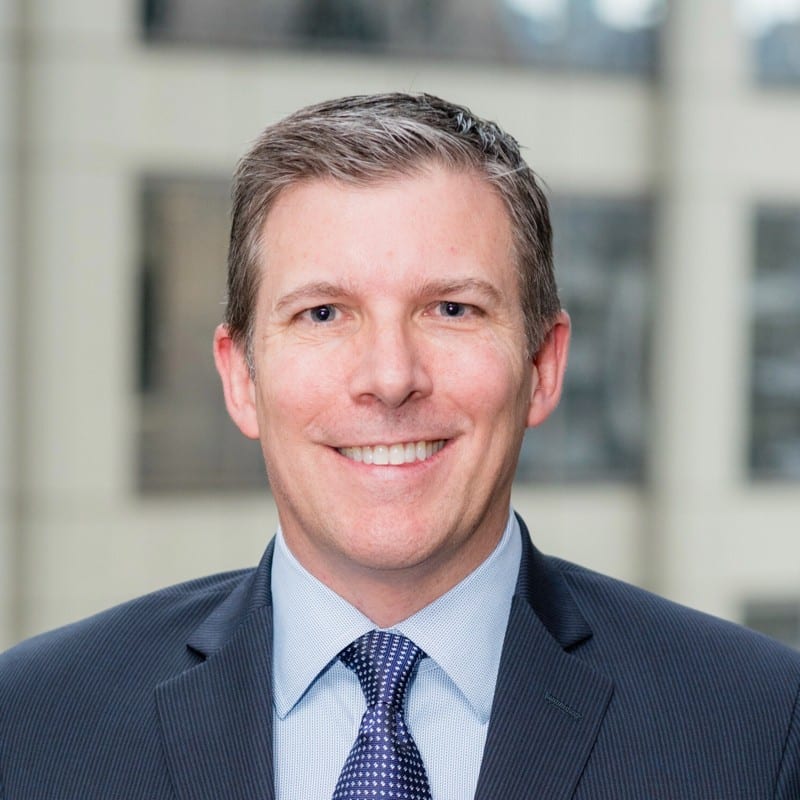TECH TUESDAY is a weekly content series covering all aspects of capital markets technology. TECH TUESDAY is produced in collaboration with Nasdaq.
Financial market infrastructures (FMIs) support the capital markets ecosystem by offering a range of critical services around custody, trade execution, clearing and settlement. They are heavily regulated and subject to strict requirements around resiliency, security, and capacity, which means assessing when to migrate mission-critical functions to the cloud can be challenging. Consultancy Celent has suggested that the typical formula for total cost of ownership (TCO) of a technology stack needs to be specifically amended for FMIs in order to present a clear business case.
In a report commissioned by Nasdaq, Celent said: “Our primary research shows that in comparing on-premises and cloud costs, the traditional TCO formula can sometimes fail to adequately address the unique needs of an FMI.”
FMIs are unique in their public interest imperative and being subject to severe reputational risk due to the impact of any outages on wider financial and economic ecosystems. Their systems need to handle unpredictable and volatile market conditions and ensure fair and equal access for all participants with very limited time for upgrades or maintenance. As such, FMIs have typically been very cautious in pursuing any transformation of essential market infrastructure, whereas they have been quicker to adopt cloud for data and back-of-the-house.
“FMIs must pre-emptively over-provision technology resources, such as compute and networking environments, to meet peak demands and comply with regulatory requirements around capacity planning,” added Celent. “As equipment is typically a capital expense, sunk costs are high.”
Still, the conversation amongst FMIs has progressed from “if” to “when” in terms of mission-critical cloud adoption according to the report. However, due to their unique role and the associated high sunk costs, the standard TCO equation may show little to no cost savings from moving to cloud. Celent suggested the introduction of a new multiplier, “StrategicFriction,” which represents the not just the costs of technology but rather the cost of standing still as markets evolve. The new formula boils down to:
(Capital Expenses + Operating Expenses) x Strategic Friction = Total Cost of Ownership.
“Our primary research shows that in comparing on-premises and cloud costs, the traditional total cost of ownership (TCO) formula can sometimes fail to adequately address the unique needs of an FMI,” said the report. “A new FMI-specific TCO framework is needed to account for intangible costs and better capture opportunity costs.”
Celent identified different strategic drags that can impact an FMI’s business and relevance given the shift to cloud. These frictions include slow time to market, lack of appeal to top talent, and increased costs to maintaining legacy systems.
Migrating to the cloud enables transformation and optionality when it comes to future technologies that can unleash enterprise-level innovation and ignite a network effect leading to exponential growth. FMIs also need to keep pace with their clients who are moving their most critical workloads to the cloud across the trade life cycle. Capital markets participants view cloud as an enabling technology across multiple areas, including leveraging data, supporting resilience, and managing risk. Celent research in 2023 found that 67%, of FMI clients expected to upgrade critical systems to the cloud last year and half, 48%, were looking to move at least one critical workload to the cloud within 18 months.
“Market participants are finding the pace of technology and regulatory change has accelerated to a point where those in the cloud have a material advantage over non-cloud competitors when it comes to supporting innovation,” said Celent.
FMIs are already seeing rising revenues from providing source data, and demand is only likely to rise due to increasing electrification of trading across asset classes and the advent of new asset classes, such as tokenized securities. Celent added: “These are all opportunities for FMIs to grow and diversify client base and revenues.”
Follow this link to download the paper and learn more from a video with the author, Celent’s Monica Summerville.
Creating tomorrow’s markets today. Find out more about Nasdaq’s offerings to drive your business forward here.















Money Never Sleeps: Why Algos are the Beating Heart of 24/7 Equities
By Sylvain Thieullent, CEO of Horizon Trading Solutions
“Money never sleeps pal” – remember that infamous line from the 80’s classic Wall Street? Who would have thought this saying would become a literal reality. For over three decades since Michael Dougals graced our screens as go getter Gordon Gekko, making money in cash equity markets has been at the mercy of speed – as the pinstriped Gekko’s have been replaced by high-speed hoodie geeks. Milliseconds may have made the next generation of Gekko’s, but they have also broken fortunes of others – all at the click of a button. It is therefore intriguing to see the New York Stock Exchange (NYSE) contemplating what would be, frankly, a seismic shift to trading stocks around the clock, 24/7.
Equity investors have the rise of cryptocurrency trading to thank, or not thank depending on your preference. Operating 24/7, crypto has set a precedent for round-the-clock market activity. Stock exchanges, traditionally confined by time zones, could now find themselves playing catch-up in a world where trading knows no bounds. As other major markets, from U.S Treasuries to leading stock index futures embrace continuous trading, the pressure on traditional stock exchanges mounts.
The issue is that sustaining high-speed trading operations in a 24/7 cash equities market would require underlying infrastructure capable of handling constant information streams, executing trades rapidly, not to mention responding to unforeseen market changes. Maintaining such infrastructure could become more costly than a Gordon Gekko stop loss. Particularly when one considers the cold hard commercial reality of trading around the clock. It essentially means encountering a diverse range of market conditions, including overnight news about wars breaking out. As regulators continue to assess the implications and market participants weigh in too, one thing becomes abundantly clear – the quality of algos deployed by financial institutions will be paramount in navigating this potentially brave new trading world. But why? Well, unlike humans who need their sleep, algos operate around the clock.
For financial institutions eyeing opportunities beyond U.S. hours, trading in the dead of night requires the need to navigate potentially volatile markets with precision and extreme quickness. The likes of Nvidia or Apple may be up for grabs between 8pm and 4am Eastern time, but seizing these opportunities demands algos that can operate effectively in the absence of human intervention. Outside of regular trading hours, liquidity tends to be thinner, meaning there are likely to be fewer buyers and sellers in the market at 2am (who would have thought). Thin liquidity can result in wider bid-ask spreads and increased price slippage, making it more challenging for high-speed traders to execute trades at desired prices. Only algos capable of analysing vast volumes of data, detecting patterns, and executing trades with split-second precision will separate the winners from the losers. Moreover, with regulators scrutinizing every move, ensuring the integrity and reliability of these algorithms is key.
The transition to a 24/7 stock exchange is not without its challenges. Yet, it presents a wealth of opportunities for those equipped to navigate its complexities. While the allure is undeniable, the risks are equally substantial. As the NYSE contemplates the future of trading, one thing is clear – in the 24/7 era, the quality of algorithms reigns supreme. Failure to adopt the right algo risks consigning them to irrelevance in a market that never sleeps.